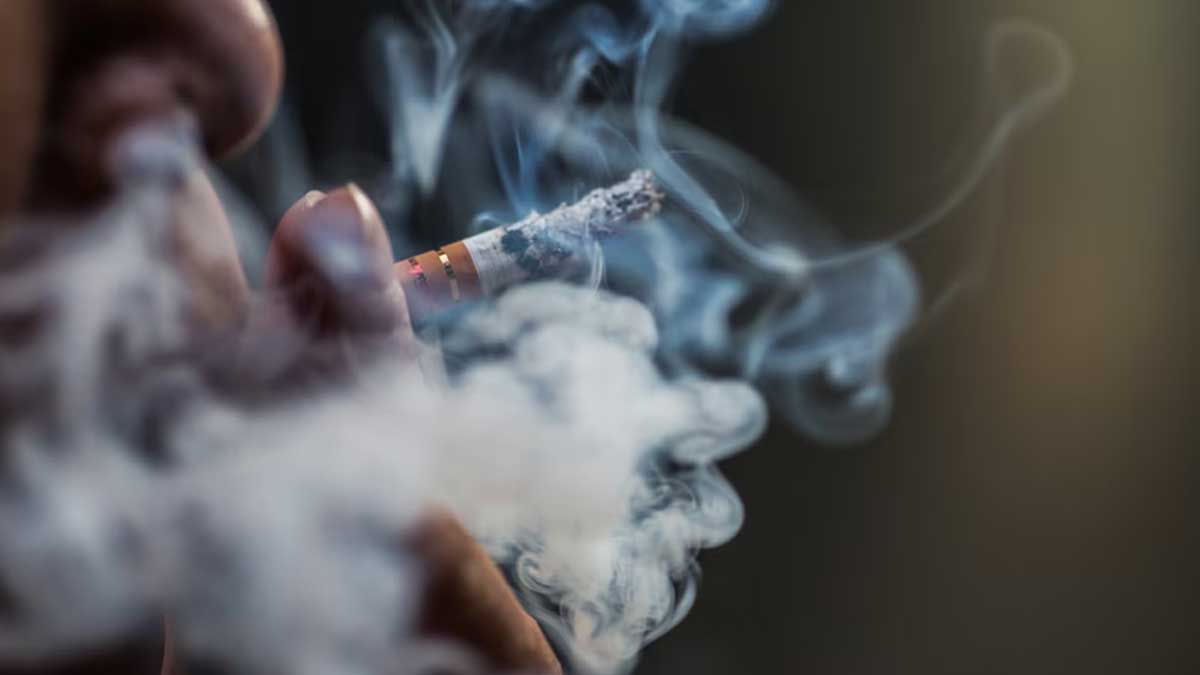
Saying that tobacco causes cancer is the same as saying that the sun rises from the east. However, a new study has revealed that smoking also hinders cancer treatment by stopping the cancer-fighting proteins from doing their job.
The latest study conducted by scientists at the Ontario Institute for Cancer Research (OICR) showed that certain factors, like smoking, genetic mutations, and oxidative stress, can cause changes in the DNA of cancer cells. These changes often result in the production of faulty proteins.
Smoking Hinders Cancer Treatment

Talking to the team of OnlyMyHealth, Dr Sanketh Kotne, Consultant Medical Oncologist, HCG Cancer Centre, Vizag shared, “The most significant risk factor for lung cancer is smoking. If you are a smoker, quitting is the best thing you can do for your health.”
The researchers from OICR found strong connections between smoking and cancer development, and these cancer-causing changes in the DNA can also be influenced by second-hand smoke. Sharing this sentiment, Dr Kotne shared, “If not equal to smoking, second-hand smoke also contributes in large part to the incidence of lung cancer.”
The study has been published in ‘Science Advances,’ and shares how tobacco smoking causes ‘stop-gain mutations,’ which are essentially harmful changes in the DNA, that trigger the body to stop the manufacture of certain proteins that help fight cancer.
Also Read: Is Poor Mental Health A Consequence Or The Cause Of Daily Smoking? Study Offers Answers
Commenting on their findings, the lead author of the study Nina Adler, PhD student, University of Toronto said, “Our study showed that smoking is associated with changes to DNA that disrupt the formation of tumour suppressors. Without them, abnormal cells are allowed to keep growing unchecked by the cell’s defences and cancer can develop more easily.”
The study’s analysis also predicted that the more someone smokes, the higher the chances of these DNA mutations, which ultimately make cancer more complex and harder to treat.
Cancer Causing Agents

The OICR study then looked for other factors that can cause stop-gain mutations:
- Another source of DNA changes is oxidative stress, the study revealed, which is associated with factors like poor diet, obesity, and excessive alcohol consumption.
- It can also be caused by certain cancer treatments, which are usually common in advanced stages of cancer.
- These DNA changes make cancer cells more diverse and can affect how they respond to treatment.
Concluding their comments, Dr Kotne strongly advised against smoking and second-hand smoke, stating that professional help, nicotine replacement therapies, and support groups can increase your chances of quitting cigarettes. To avoid second-hand smoke, he advised making your surroundings smoke-free encouraging those around you to smoke away from you, and avoiding places where smoking is allowed.







